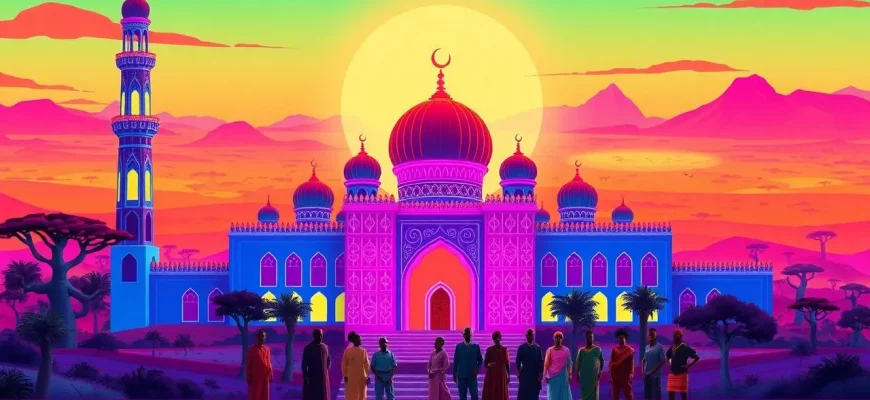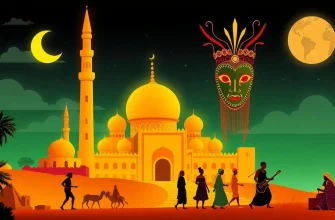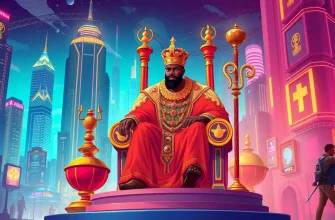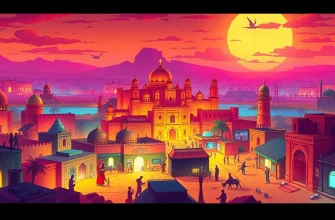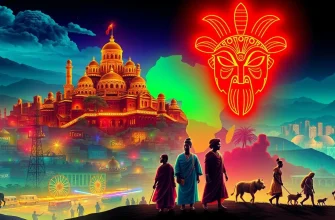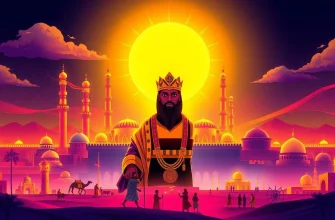Embark on a cinematic journey through time with this curated selection of films that delve into the profound influence of Islam in Africa. These films not only entertain but also educate, shedding light on the cultural, political, and spiritual dimensions of Islamic history across the continent. From epic tales of conquest to intimate stories of faith, this collection offers a unique perspective on a significant aspect of African heritage, making it an invaluable watch for history buffs, film enthusiasts, and anyone curious about the intersection of religion and culture.
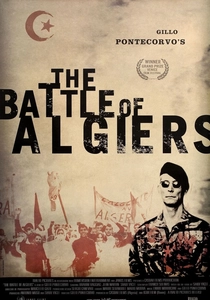
The Battle of Algiers (1966)
Description: This classic film portrays the Algerian struggle for independence from French colonial rule, highlighting the role of the National Liberation Front, which had strong Islamic ties.
Fact: The film was banned in France for five years due to its depiction of the Algerian War, and it was used by the Black Panthers as a training film.
 Watch Now
Watch Now
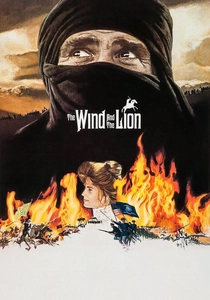
The Wind and the Lion (1975)
Description: Set in Morocco, this film tells the story of a Berber chieftain who kidnaps an American woman, exploring themes of power, culture, and the spread of Islam in North Africa.
Fact: The film was inspired by real events, although it takes significant liberties with historical accuracy.
 Watch Now
Watch Now
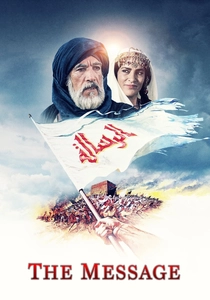
The Message (1976)
Description: This epic film chronicles the life of Prophet Muhammad and the early spread of Islam, with scenes set in Africa, particularly in Ethiopia where the first Muslims sought refuge.
Fact: The film was banned in several Muslim countries because of its portrayal of the Prophet, but it was also praised for its respectful approach.
 Watch Now
Watch Now
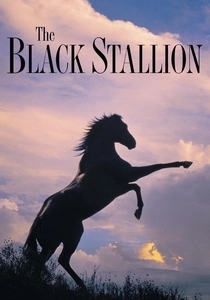
The Black Stallion (1979)
Description: Although primarily a coming-of-age story, the film includes scenes set in North Africa, where Islamic culture is subtly present, enriching the narrative.
Fact: The film was shot in various locations, including Italy, Canada, and the United States, but the African scenes were filmed in Morocco.
 Watch Now
Watch Now
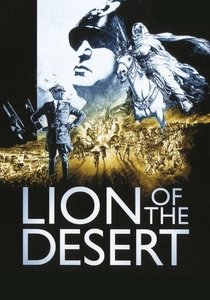
The Lion of the Desert (1981)
Description: This film focuses on the resistance of Omar Mukhtar against Italian colonial forces in Libya, showcasing the role of Islamic faith in the struggle for independence.
Fact: Anthony Quinn, who played Omar Mukhtar, was awarded the Best Actor at the Moscow International Film Festival for his role.
 Watch Now
Watch Now
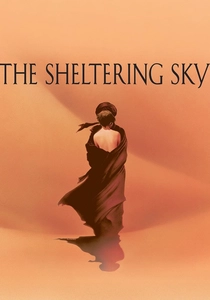
The Sheltering Sky (1990)
Description: While not directly about Islam, the film explores the cultural and spiritual landscape of North Africa, where Islamic influences are deeply embedded.
Fact: The film was shot on location in Morocco, and its director, Bernardo Bertolucci, was known for his visually stunning films.
 Watch Now
Watch Now
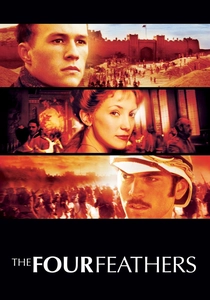
The Four Feathers (2002)
Description: This adaptation of the classic novel touches on the British colonial campaign in Sudan, where Islamic culture and resistance play a significant role.
Fact: The film features stunning Sudanese landscapes and was one of the last major films to use traditional matte painting techniques.
 Watch Now
Watch Now
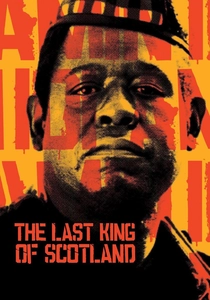
The Last King of Scotland (2006)
Description: While not solely about Islam, this film explores the political landscape of Uganda under Idi Amin, whose rule was influenced by his Muslim faith, offering a glimpse into the complexities of African leadership.
Fact: Forest Whitaker won an Academy Award for Best Actor for his portrayal of Idi Amin, and the film was shot on location in Uganda.
 Watch Now
Watch Now
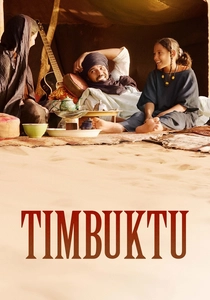
Timbuktu (2014)
Description: This film captures the life under jihadist rule in Mali, showcasing the clash between traditional African values and extremist interpretations of Islam. It's a poignant look at how religion can be manipulated.
Fact: The film was nominated for the Best Foreign Language Film at the 87th Academy Awards, and it was Mauritania's first ever submission for the Oscars.
 Watch Now
Watch Now

The Bandit (1996)
Description: Set in the 19th century, this film follows a bandit in Sudan who becomes a symbol of resistance against colonial rule, with Islamic themes woven into the narrative.
Fact: The film was shot in Sudan, providing an authentic backdrop to the story.
 30 Days Free
30 Days Free

